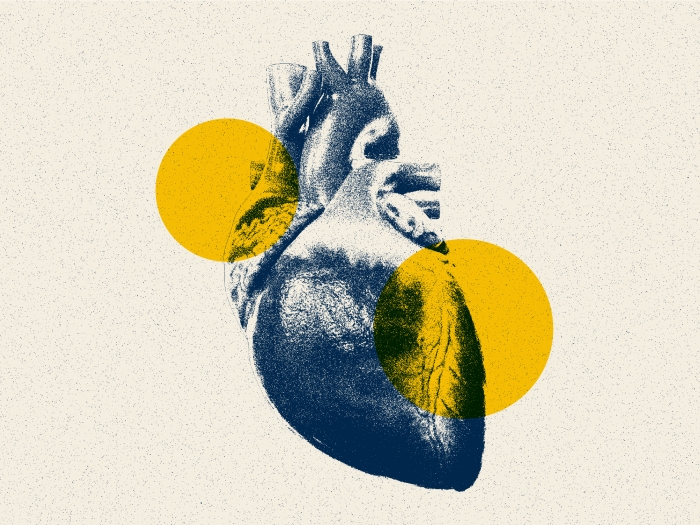
Health Lab
The vast majority of people who have a minimally invasive heart valve replacement procedure do not participate in recommended cardiac rehabilitation, a Michigan Medicine-led study finds.
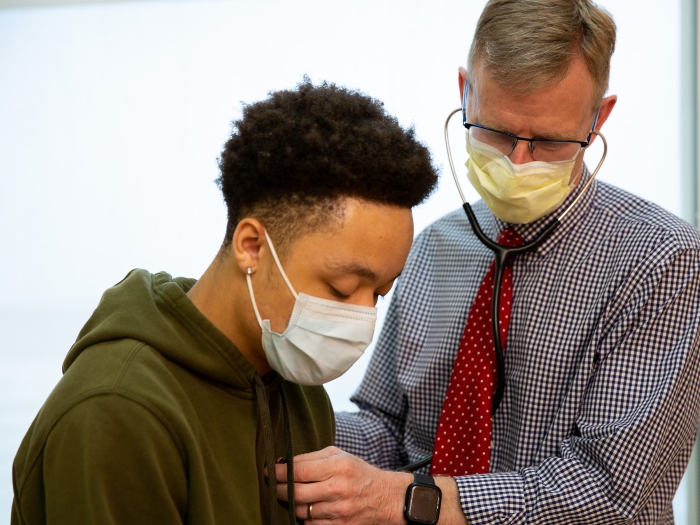
Health Lab
For the first time in more than 20 years, dozens of pediatric cardiologists, surgeons and other health professionals have come together to develop new guidelines intended to improve heart surgery care for this population of children and teens.

Health Lab
A Michigan Medicine report shows that adding a mobile health application to such devices yields mixed results. Tailored text messages to encourage high-risk people to move more may improve some short-term outcomes but doesn’t always improve physical activity levels for everyone.
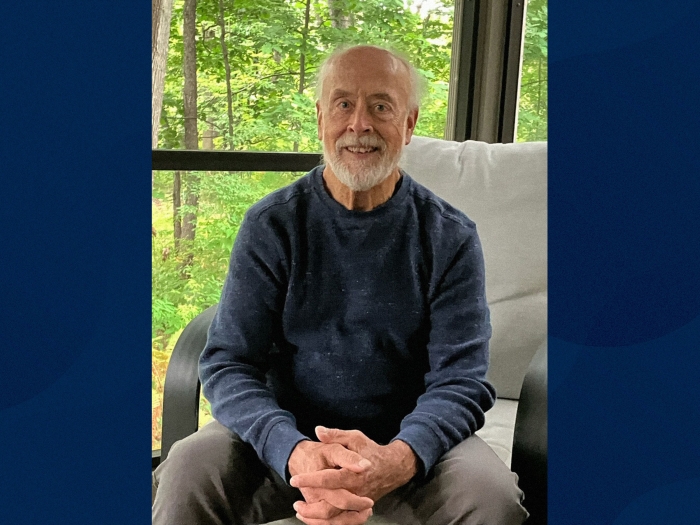
Health Lab
MI-AORTA is a donor-funded initiative that facilitates collaboration within the Frankel Cardiovascular Center, U-M Health and referring provider networks, creating value for the patients, families, and communities they serve and allows them to continue to pioneer advanced therapies for aortic diseases.
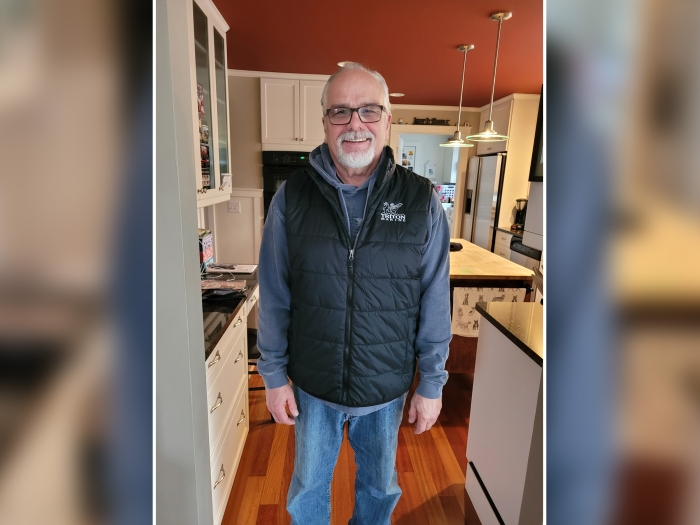
Health Lab
Learn about the latest advances in treatment for chronic total occlusion, a life-threatening condition that deprives the heart of oxygen. A team of cardiovascular surgeons perform advanced, minimally invasive surgery to help David Schneider get his life back on track.
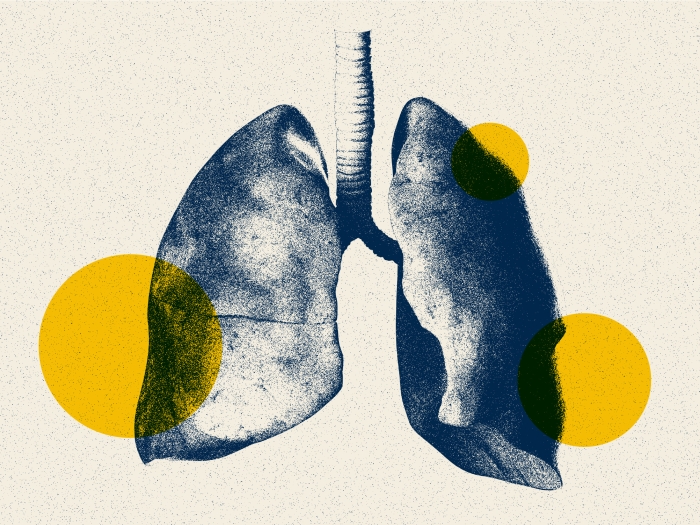
Health Lab
Despite these innovations, a Michigan Medicine study finds that the death rate for pulmonary embolism remains high and unchanged in recent years – more often killing men, Black patients and those from rural areas. The results are published in the Annals of the American Thoracic Society.

Health Lab
More than 70% of people experiencing a stroke who require a transfer wait longer than two hours to be transferred from the initial emergency department to hospitals with higher levels of care to receive time-sensitive care, a study finds.
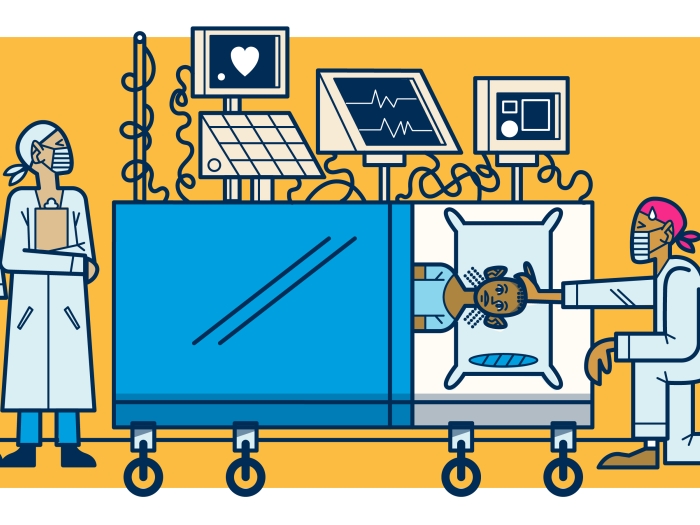
Health Lab
Children who experience cardiac arrest are one and a half times more likely to survive at a hospital capable of providing the life support system called ECMO, research suggests. But the reason behind better outcomes may have less to do with being saved by the heart and lung support machine itself and more to do with the care team structure at hospitals capable of ECM0, suggests the findings in Resuscitation.

Health Lab
Using these wearable devices, a study led by Michigan Medicine and the University of Missouri with Saint Luke’s Mid America Heart Institute finds that taking more daily steps is associated improved health, including fewer symptoms and physical limitations, for people with heart failure.
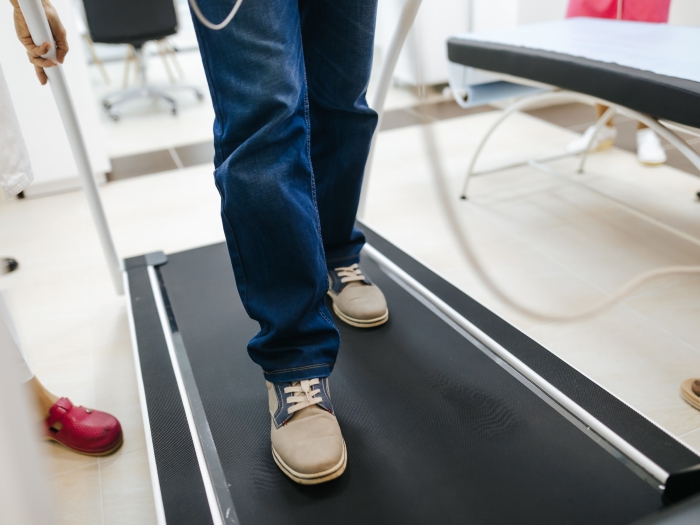
Health Lab
A Michigan Medicine study finds people who participate in cardiac rehabilitation have a decreased risk of death years after surgery, with a trend towards better outcomes in patients who attend more sessions.
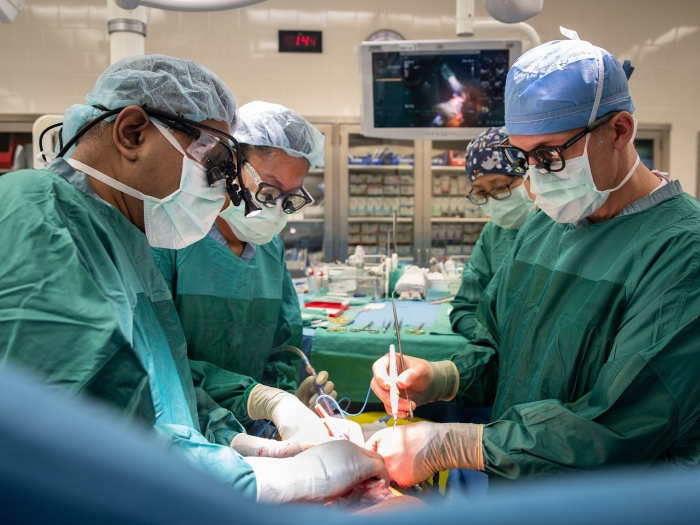
Health Lab
Researchers discover new opportunities for preventing kidney injury following cardiac surgery.
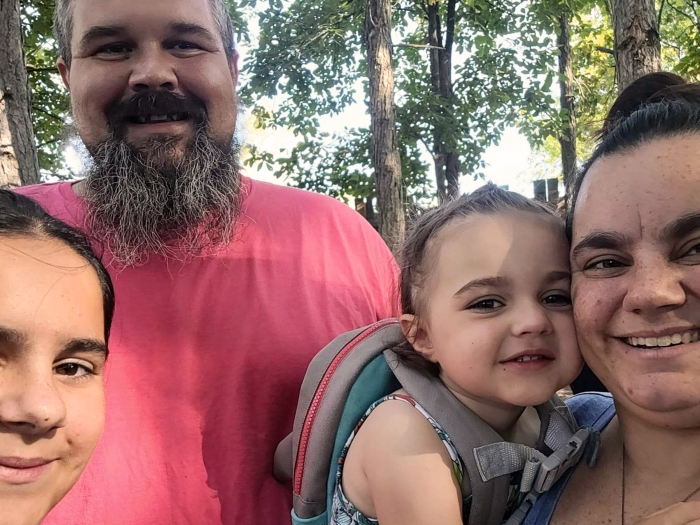
Health Lab
A patient with severe aortic stenosis receives a specialized surgery to save his life at Michigan Medicine.
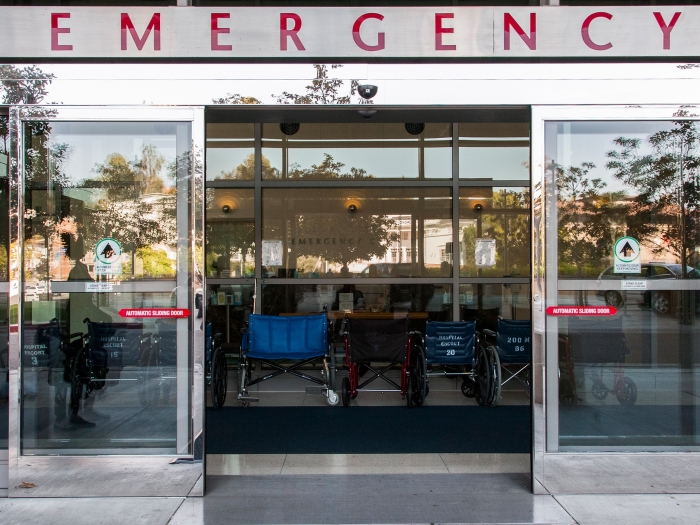
Health Lab
Michigan Medicine research finds that some patients with PE, a blood clot in one or more pulmonary arteries, may be hospitalized unnecessarily due to computed tomography, or CT, imaging results rather than clinical risk factors.
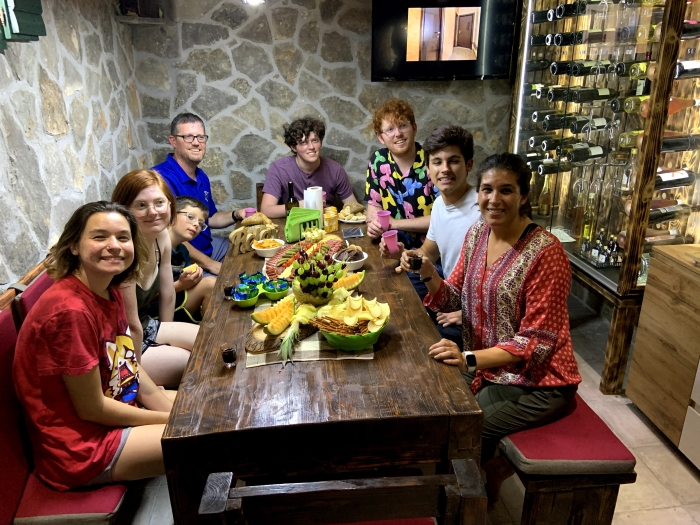
Health Lab
For a rare heart condition, finding and getting to the right team of specialists at Michigan Medicine saved her life, and her chance to have kids.

Health Lab
A 34-year-old mom of two was able to recover after receiving life-saving stroke care, including treatment for a hole in her heart, at Sparrow Health System, part of U-M Health.